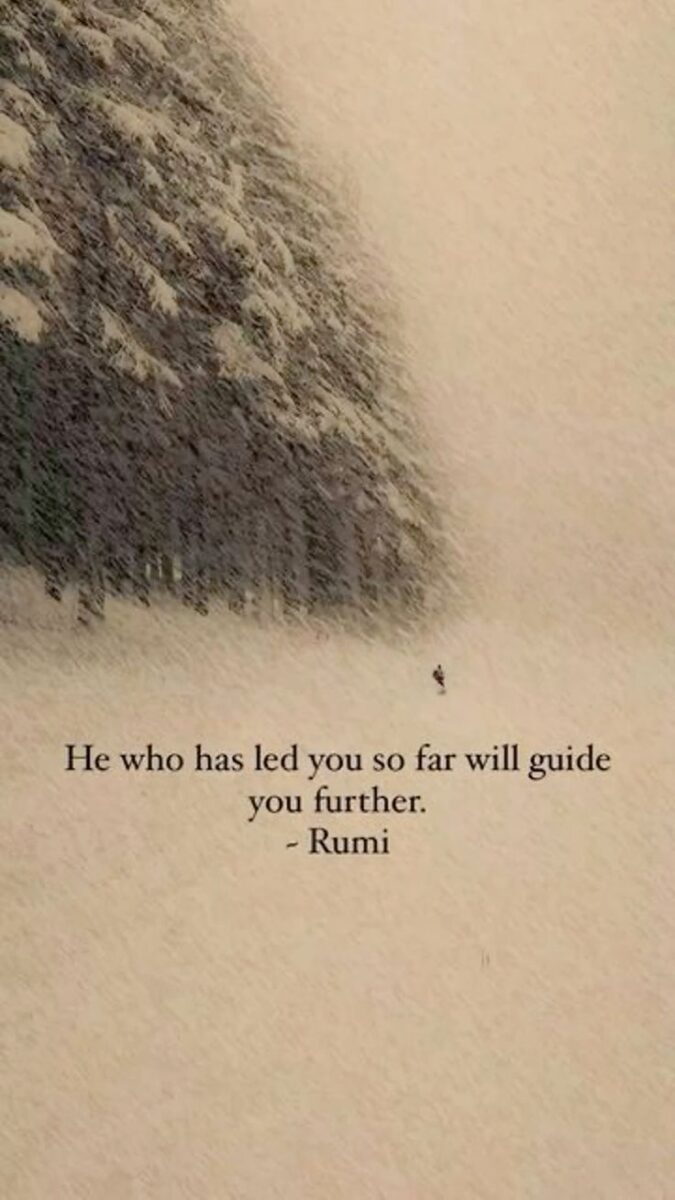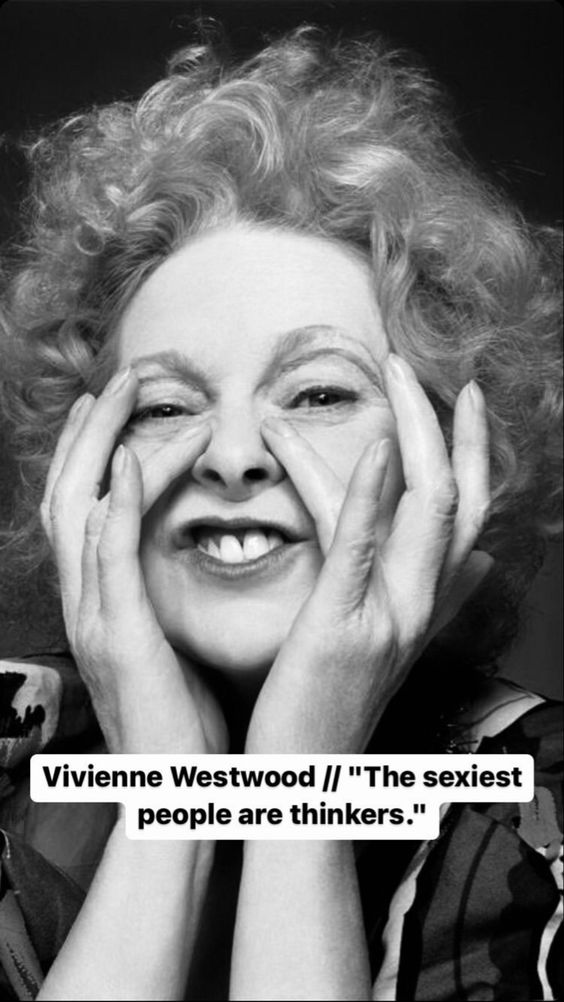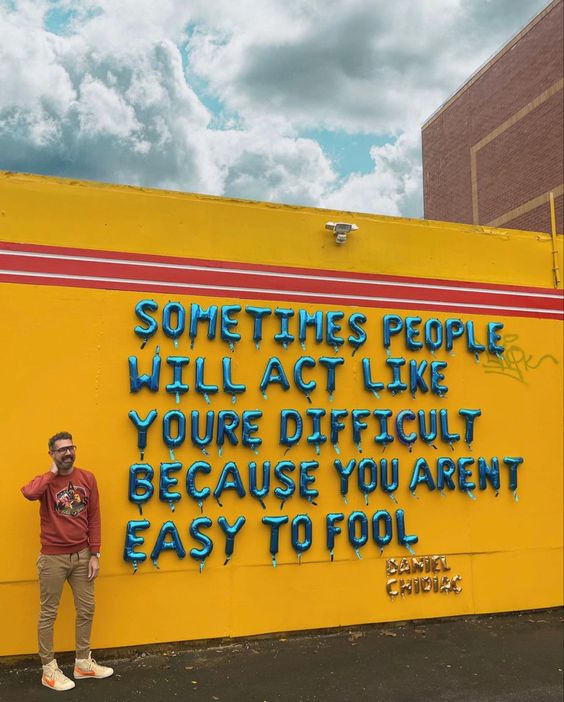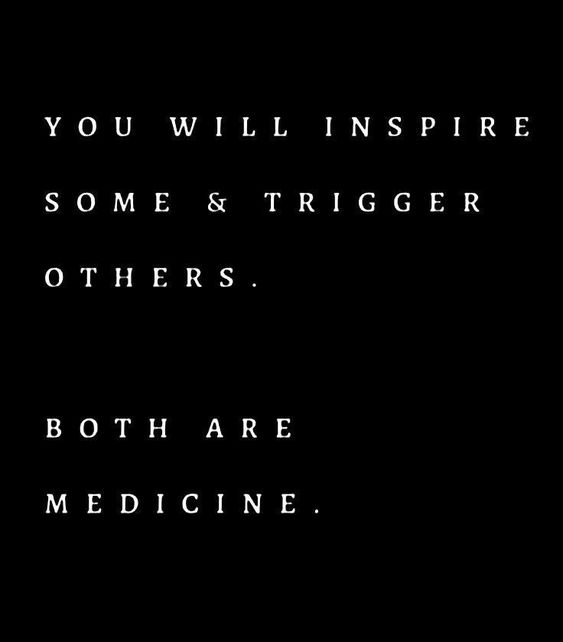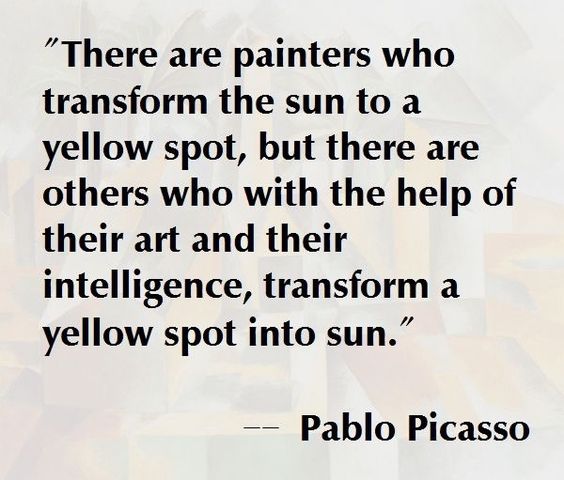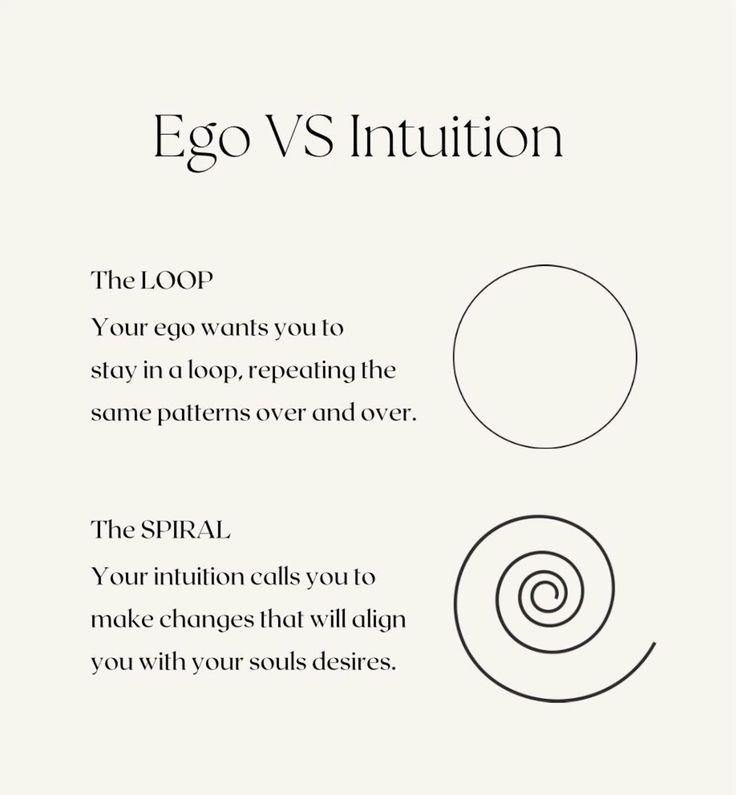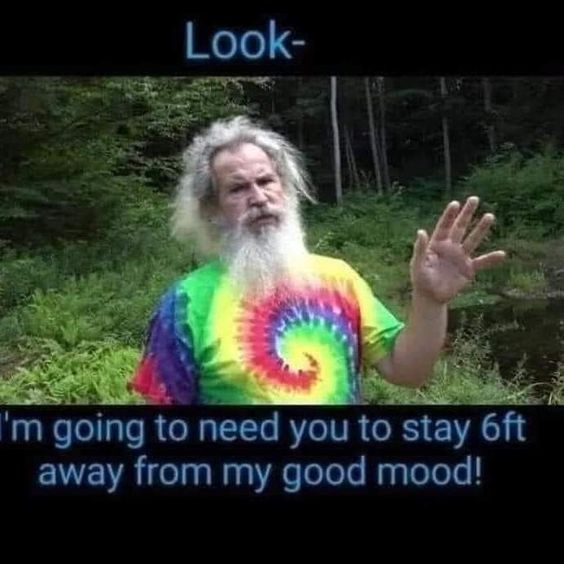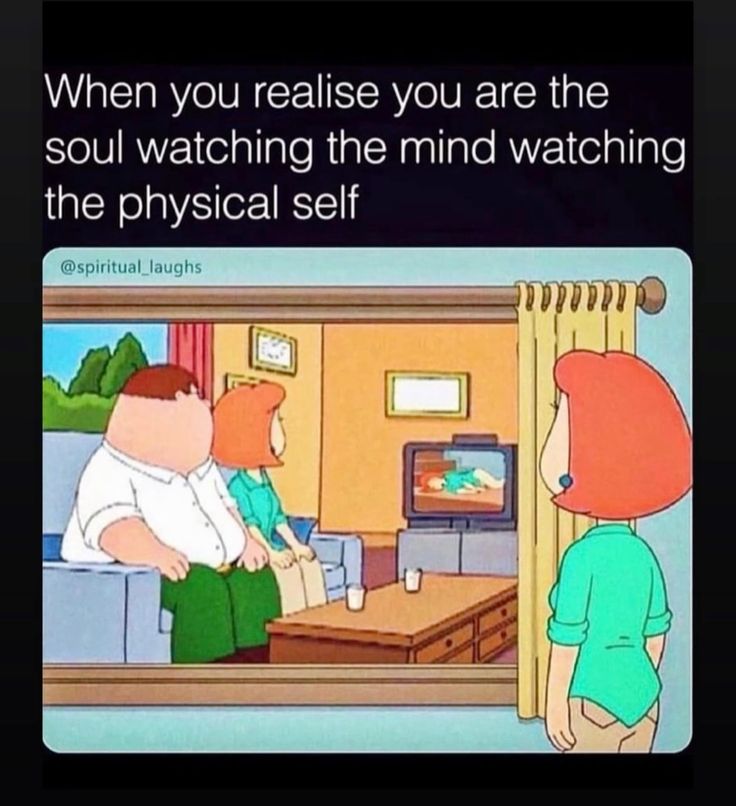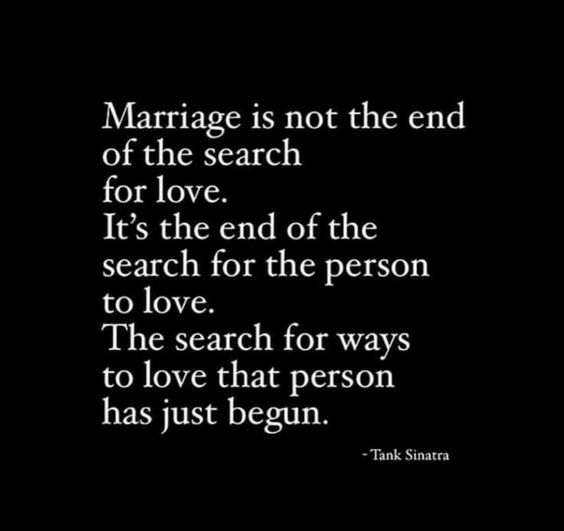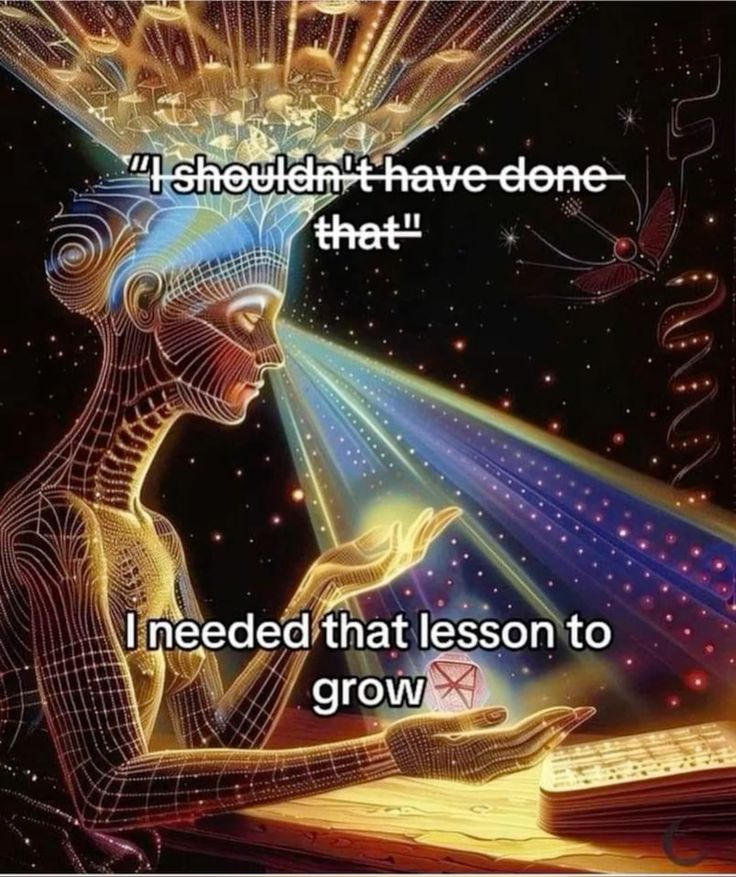Identity is tricky. You need it to have a frame of reference that helps you interact with the world, but too much identity and added labels will push you away from the truth of impermanence. Wisdom will welcome you to its home, but you have to disarm yourself before you enter. Wisdom will find you ready and worthy when you let go of all ideas and views. You can only enter when you are ready to observe yourself without judgment and without a perception that is hampered by the past. Understanding yourself is one thing, but timeless wisdom asks you to take a step further by letting go of everything.
Yung Pueblo
“In my view, the realistic goal to be attained through spiritual practice is not some permanent state of enlightenment that admits of no further efforts but a capacity to be free in this moment, in the midst of whatever is happening. If you can do that, you have already solved most of the problems you will encounter in life.”
Sam Harris, Waking Up (Page 49)
“We are made alone. That aloneness is our freedom. And it is not against love. In fact, only a person who is alone and knows how to be alone will be able to love. This is the paradox of love: That only the person who is alone can love, and only the person who loves becomes alone. They come together. So if you are not capable of being alone, you will not be capable of being in love either. Then all your so-called love will be just an escape from yourself. It will not be real love, it will not be real relating. Who will relate with whom? You have not even related with yourself; how can you relate with the other? You are not there—who is going to relate with others? So a false kind of love exists in the world: You are trying to escape from yourself, the other is trying to escape from herself or himself, and you are both seeking shelter in each other. It is a mutual deception.”
Osho, Everyday Osho (Page 312)
“In one sense, the Buddhist concept of enlightenment really is just the epitome of ‘stress reduction’—and depending on how much stress one reduces, the results of one’s practice can seem more or less profound. According to the Buddhist teachings, human beings have a distorted view of reality that leads them to suffer unnecessarily. We grasp at transitory pleasures. We brood about the past and worry about the future. We continually seek to prop up and defend an egoic self that doesn’t exist. This is stressful—and spiritual life is a process of gradually unraveling our confusion and bringing this stress to an end. According to the Buddhist view, by seeing things as they are, we cease to suffer in the usual ways, and our minds can open to states of well-being that are intrinsic to the nature of consciousness.”
Sam Harris, Waking Up (Page 48)
Keep escaping; until you no longer want to.
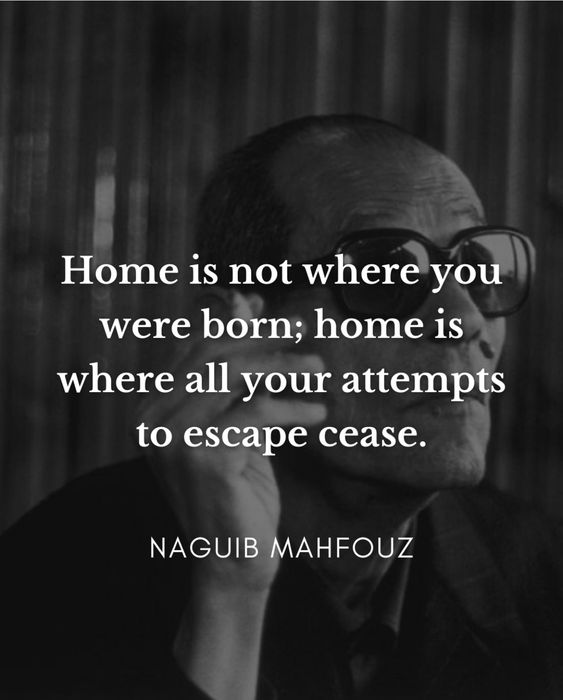
“In the beginning of one’s meditation practice, the difference between ordinary experience and what one comes to consider ‘mindfulness’ is not very clear, and it takes some training to distinguish between being lost in thought and seeing thoughts for what they are. In this sense, learning to meditate is just like acquiring any other skill. It takes many thousands of repetitions to throw a good jab or to coax music from the strings of a guitar. With practice, mindfulness becomes a well-formed habit of attention, and the difference between it and ordinary thinking will become increasingly clear. Eventually, it begins to seem as if you are repeatedly awakening from a dream to find yourself safely in bed. No matter how terrible the dream, the relief is instantaneous. And yet it is difficult to stay awake for more than a few seconds at a time.”
Sam Harris, Waking Up (Page 37)
“Be present to it all: Welcome it and be with all the feels. Don’t make the situation or yourself wrong. Without resistance to what it is, you’ll feel more in your power. Being present in the moment also helps reduce anxiety about the future. Engage in activities that help you stay grounded, such as meditation, exercise, or spending time in nature.”
Nat Couropmitree | Read Matt’s Blog on this Quote ↗
“Life can only be lived dangerously—there is no other way to live it. It is only through danger that life attains maturity, growth. One needs to be an adventurer, always ready to risk the known for the unknown. That’s what being a seeker is all about. But once one has tasted the joys of freedom and fearlessness, one never repents because then one knows what it means to live at the optimum. Then one knows what it means to burn your life’s torch from both ends together. And even a single moment of that intensity is more gratifying than a whole eternity of mediocre living.”
Osho, Everyday Osho (Page 310)
“The principal enemy of mindfulness—or of any meditative practice—is our deeply conditioned habit of being distracted by thoughts. The problem is not thoughts themselves but the state of thinking without knowing that we are thinking. In fact, thoughts of all kinds can be perfectly good objects of mindfulness. In the early stages of one’s practice, however, the arising of thought will be more or less synonymous with distraction—that is, with a failure to meditate. Most people who believe they are meditating are merely thinking with their eyes closed. By practicing mindfulness, however, one can awaken from the dream of discursive thought and begin to see each arising image, idea, or bit of language vanish without a tract. What remains is consciousness itself, with its attendant sights, sounds, sensations, and thoughts appearing and changing in every moment.”
Sam Harris, Waking Up (Page 36)
